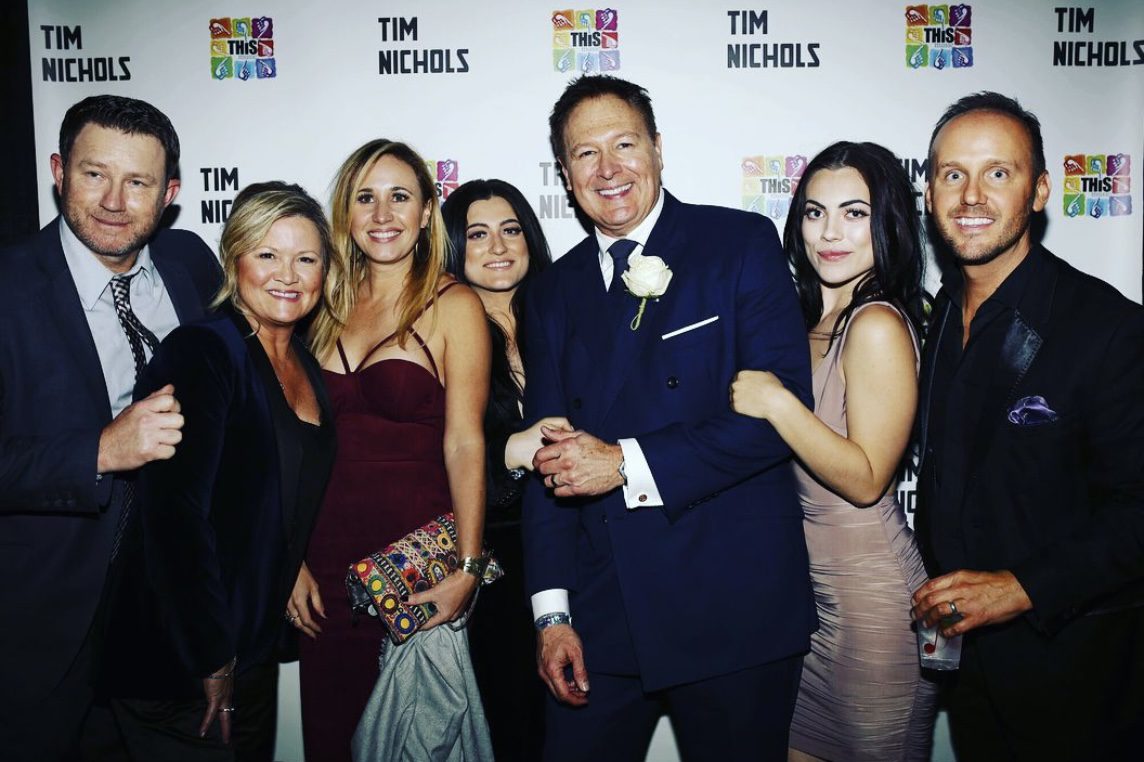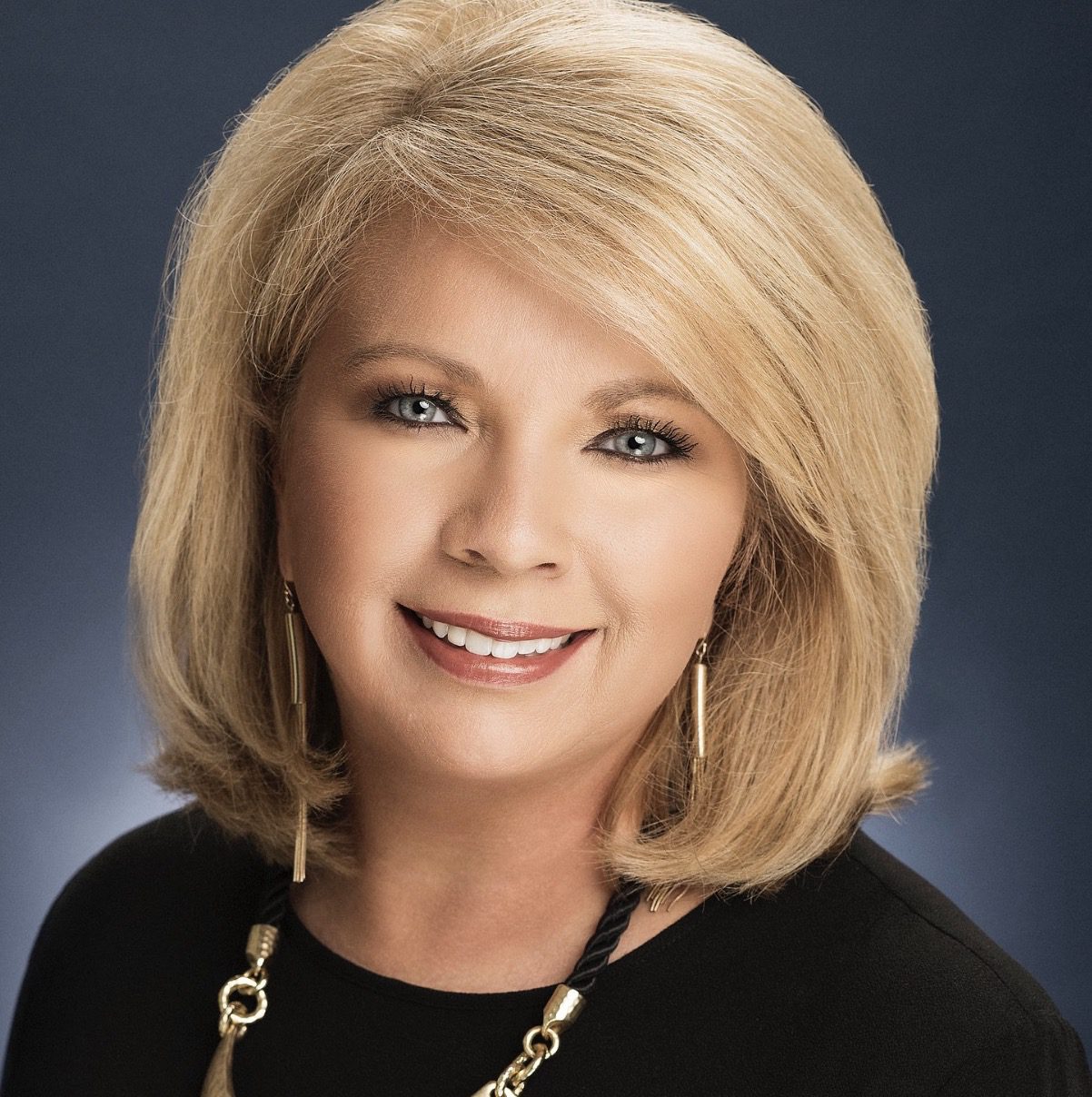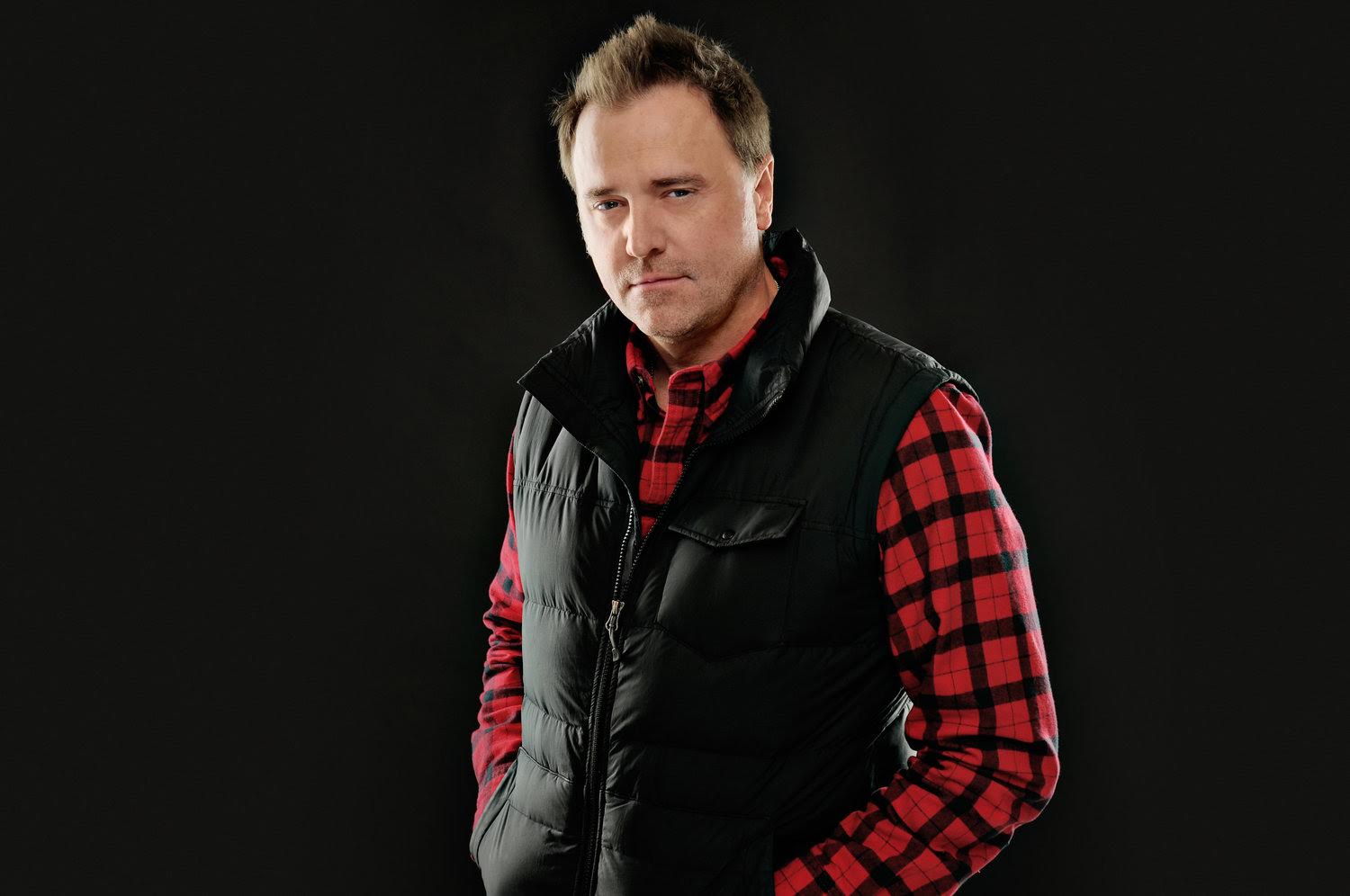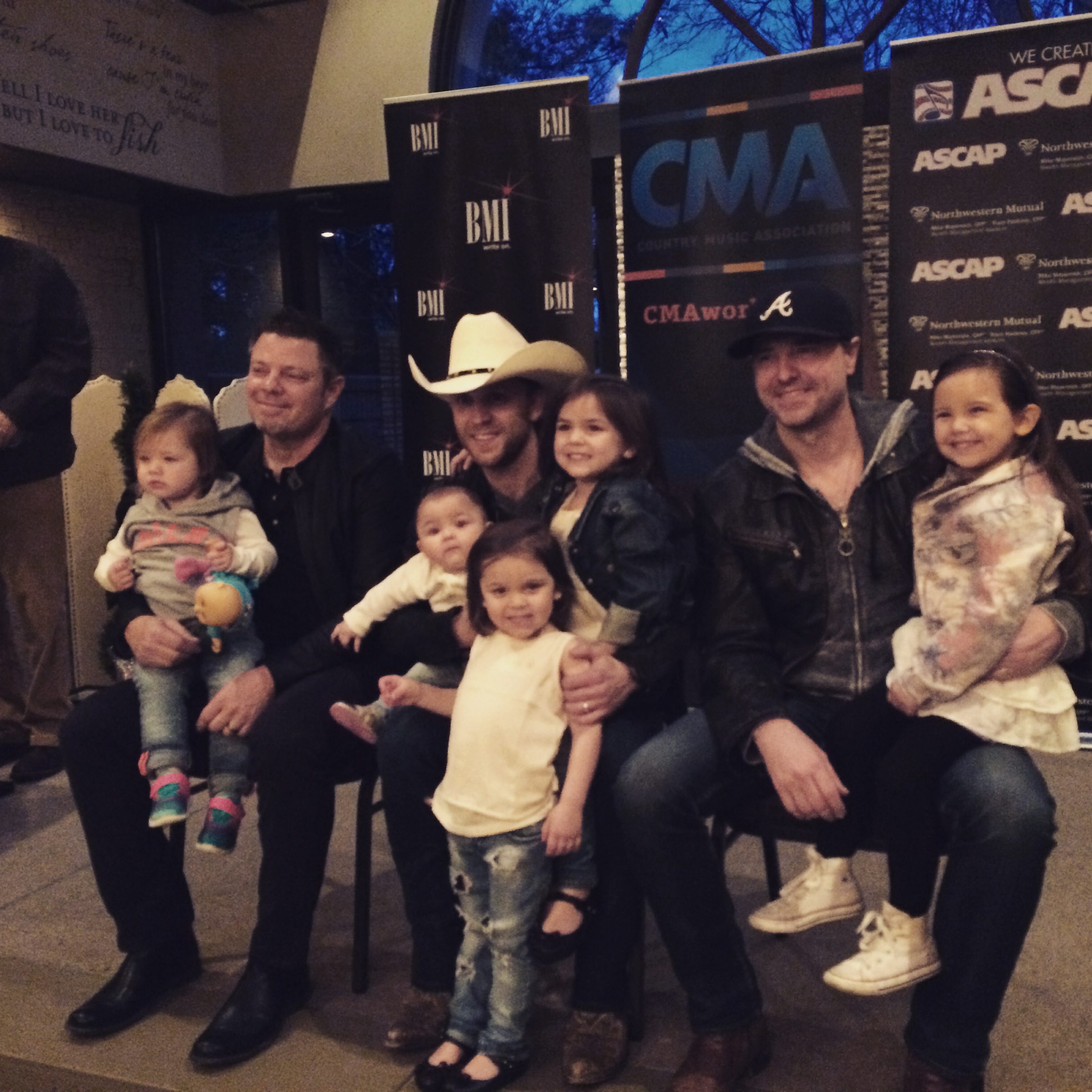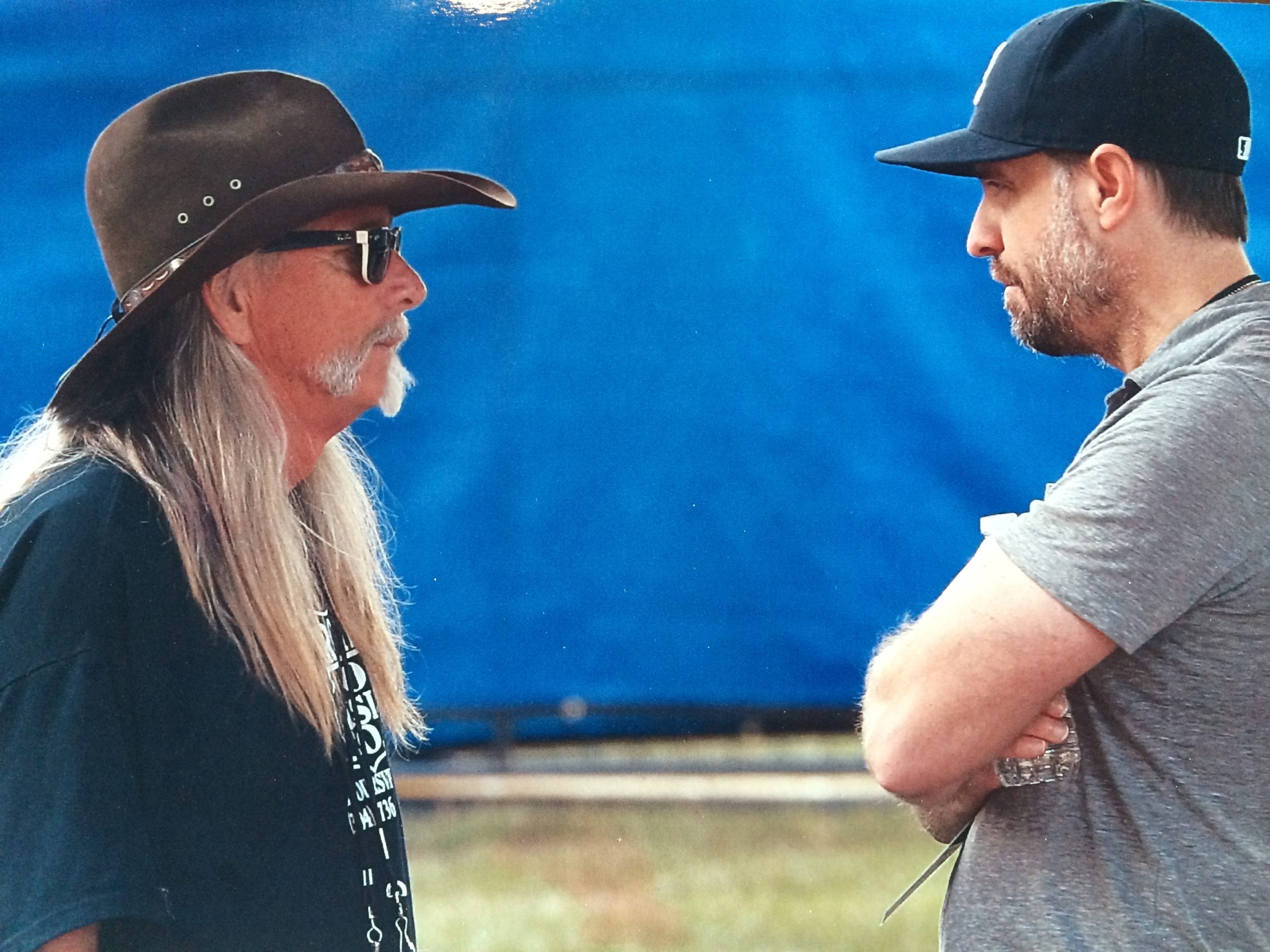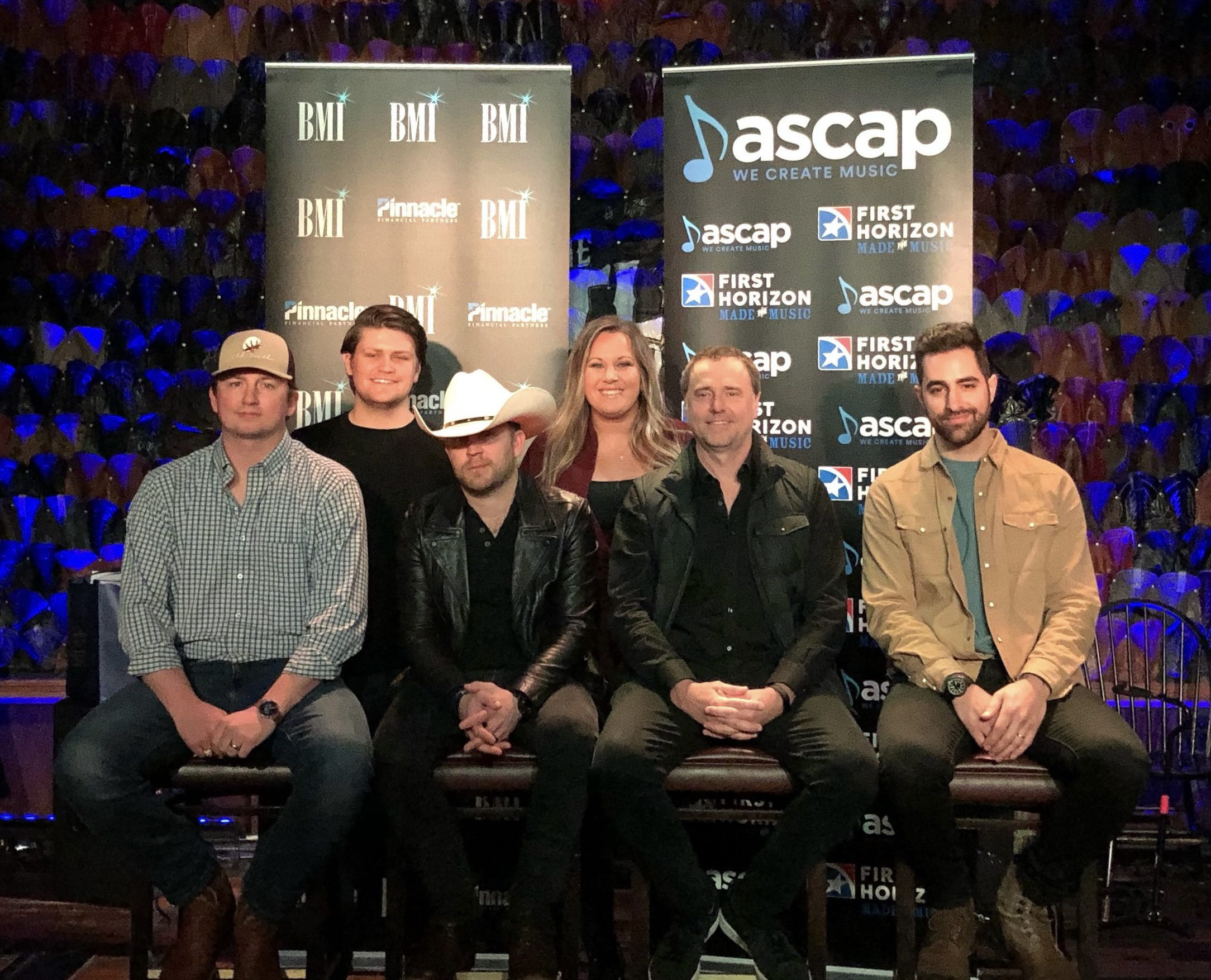My Music Row Story: Sony Music Publishing’s Anna Weisband
The “My Music Row Story” weekly column features notable members of the Nashville music industry selected by the MusicRow editorial team. These individuals serve in key roles that help advance and promote the success of our industry. This column spotlights the invaluable people that keep the wheels rolling and the music playing.
As VP of A&R at Sony Music Publishing, Anna Weisband manages the daily songwriting strategy for a stellar roster including Miranda Lambert, Kelsea Ballerini, Cole Swindell, Chris Young, Lainey Wilson, Emily Weisband, Josh Kear and MacKenzie Porter.
A graduate of Belmont University, Weisband began her career as a THiS Music intern, and quickly established herself as a young executive on Music Row. Later in her career, Weisband began carrying out A&R duties including talent discovery, collaboration creation, artist management, and song placement for the company’s roster of 14 award-winning songwriters, producers, and artists, including two-time ASCAP Songwriter of the Year Ben Hayslip, Hall of Fame songwriter Tim Nichols, and Emily Weisband. In 2017 Weisband was promoted to Vice President at THiS Music at the age of 23, a position she earned after five years at the Warner Chappell joint venture, led by co-owner/General Manager Rusty Gaston. When Gaston joined Sony Music Publishing in 2020, Weisband followed, becoming VP of Creative.
Weisband will be honored as part of the current class of MusicRow’s Rising Women on the Row on March 23.
MusicRow: Where did you grow up?
I grew up in Fredericksburg, Virginia. It’s right where Virginia starts to get country.
Were you born into a musical family?
Yes. I come from a big family, I have five siblings. My dad always wrote songs, played guitar and was in bands. We listened to so much music and were obsessed with it, but I never really made music. My sister Emily, who is a year older than me, started writing songs. That was a connection between my dad and her. She would take her songs to him and he would help her. I sang with Emily off and on a little bit, but it was never my thing. I just figured that I would end up on the business side because I wasn’t writing songs. I didn’t have the creativity to write songs, but I loved creative people.
How did you pursue that?
When we got to high school, Emily decided to go to Belmont for its songwriting program. We’re 13 months apart and always did everything together. We had the same friends. The only difference was that she was a true songwriter/creative and I wasn’t that, but I was some type of creative. So she came to Belmont and then I came to Belmont as a music business major.
What happened when you got to Belmont?
I honestly hated it. I didn’t know my purpose yet, so the first couple months, I was thinking, “What am I doing?” Usually I pick up things up really fast, but it wasn’t happening for a few months. I just wasn’t finding where I was supposed to be.
My first semester, I had to write a paper for my Survey of Music Business class. For the paper, you had to interview someone in whatever field you felt like you wanted to go into. I tried to use a loophole and interview Dan Keen, who was an adjunct professor, but I couldn’t connect with him and it was getting close to the deadline. I asked Emily, “What am I going to do? I don’t have anyone to interview.” She had done a Curb Cafe/ASCAP songwriter round the year before. Publishers judge it and Rusty Gaston was one of the publishers that was judging it. He had met Emily through that liked her songs enough to keep in touch with her.
She gave me his information and I reached out to him. He hit me right back—he’s very supportive of anything Belmont. I called him “Mr. Gaston” in the email, which makes me laugh now.
I went over to his company, THiS Music, the next day. I had some questions ready for him but then we just talked for a long time. He told me he had had one intern before, which was Janine Appleton [Ebach], and she turned into the Creative Director of the company. I asked if he needed an intern and he was like, “Honestly, I don’t really do internships, but if you want to help out around here, I have been looking for some more help.” It was right before Thanksgiving or Christmas break. He said, “Go home for Christmas and pray about it to see if you really want to be in publishing. If you really want to be in publishing and really feel like that’s the right thing, then you can come back and you can help.” I started with him pretty soon after that.
Wow, what a great story! What did you do as an intern?
The company was like five or six years old at that point. They were just starting to really take off on an amazing run, so he really needed more help. When I got there, he would just tell me to dust the plaques off and turn all the Cokes around in the fridge. I never said no to anything. Then the writers started asking me to do stuff. Ben Hayslip would ask me to get him a sweet tea when he was writing and then the writers started asking me to get them lunch. About six months after I started, Janine went to run Word Publishing, so then it was just Rusty and I for a little bit before we hired somebody.
When did your internship morph into a full-time job?
It just naturally happened. I really only had two titles there: intern Anna—which is what everyone called me—and then Vice President. At one time, I would go to class in the morning, be at THiS Music all day, go work a retail job at Francesca’s and then go to night class. It was a grind for a few years. It morphed into real job, but I was always working full-time because I was so eager.
What is a fun memory you have from THiS Music?
THiS Music was such a magical experience. I’m so thankful that that was how I learned how to be a publisher because it was definitely a different place. It was a joint venture of Warner Chappell, but we did all the creative. It was like a little creative utopia, honestly. I always sat on Rusty’s couch—I never had an office—and every other room in that little building was a writer room. They all wrote songs in there every single day and it was just amazing. When songwriters walked in, you stopped everything that you were doing and only paid attention to them. The kitchen at THiS Music was super inspiring because it was like the meeting place. There was one way in and one way out, so you had to go through the kitchen. The building was full every day because everyone wanted to write at THiS Music. We took care of everyone—it was just a family.
Were you ever insecure about being a VP of a publishing company at such a young age?
I’ve occasionally been insecure about always being the youngest person in the room, but I really became part of the THiS Music family. It just felt like my purpose. Everything that I did revolved around THiS Music. I loved every writer so much and Rusty has been my biggest champion ever. He just believed in me and he was hard on me, so he knew that what I was doing was earned. He didn’t hand me anything. He was always really nice to me, but I did have to earn my way in meetings like everyone should. Because I was on the ground making relationships with people that I probably shouldn’t have been in the room with yet, I felt like I had big supporters in the beginning. I’ve just had such great supporters, like Brian Wright, Trisha McClanahan, Autumn House, Allison Jones, Mike Molinar and others. They always supported me so much, so I felt very lifted up and and like they believed in me.
How did the transition from THiS Music to Sony Music Publishing go?
We started expanding THiS Music a lot. My sister had signed a record deal, so we were managing her out of THiS Music. We were writer-managing Mike Elizondo, who’s an amazing writer. We had Drew Baldridge, who had a lot of artist stuff going. I was going to LA a lot. Emily was getting some great pop songs and we were expanding into other genres.
I knew our deal with Warner Chappell was coming up and I didn’t know what would happen, but then Rusty got this call from Jon Platt. When he was able to tell me about it, Rusty asked me to go to Sperry’s in Belle Meade. We sat there for a long time. I didn’t say much. He just told me everything from start to finish, his thought process and everything, because it was going to be a big change. He said, “I want you to come with me. I want all of THiS Music to come.” That was amazing, but I just didn’t know what I wanted to do yet. All I knew was independent publishing.
What made you decide to go for it?
THiS Music was amazing and I could have stayed there forever, but I do remember feeling like I needed to grow. I didn’t want to leave THiS Music, so I had decided that meant we needed to grow THiS Music. My mom put it best. She said, “The roots were outgrowing the pot it was in, so it needed to be replanted.” That’s exactly what Jon Platt wanted at Sony Music Publishing, was to replant THiS Music into a big company.
Jon flew to town and talk to me about it, which made me feel like he really cared. He told me, “I want you guys to be yourselves. I need you to keep doing exactly what you’re doing at THiS Music. We’re just going to scale it up to be able to do that at a big company.”
The people that I was connecting with before we came over really made me brave enough. They believed in me and made me feel like I could do it. I think I’m the youngest person ever to have this position at the company. I was a youngster at THiS Music, but now I’m in at the biggest publishing company in the world. The insecurity that you can have there just as a human being is a lot. I feel like as women, too, we are extra humble and don’t shout from the rooftops how amazing we are enough.
Amen. Now that you’re three years in to your role as VP of A&R at Sony Music Publishing. What is the most fulfilling part about your job?
One of the most fulfilling things is just having a relationship good enough and deep enough that songwriters come to you for their entire process. On their insecure days and on amazing days where they’re killing it, it’s important to be part of all of that. To have the foundation of your relationship built that you are a part of all of that. I want to be that person.
When the songs become huge out of those day-to-day moments, it’s amazing. It’s still unbelievable to me that you can start an idea and then all of a sudden it’s a five-week No. 1, like Cole Swindell‘s “She Had Me At Heads Carolina.”
You will be honored as one of MusicRow‘s Rising Women on the Row next week. What has your experience been like as a woman in the industry?
My experience has been amazing, but it is definitely a thing. We just have to work harder sometimes. I love being a woman in the music business because I genuinely think that women have this thing that can connect with people and nurture them in a way that no one else can. I find that so empowering. I don’t know how that I could do any of this without having those traits about me. But there are definitely moments where you see the difference.
As women, it’s important to come together and build each other up. You have to link arms with your peer group. All of my friends that have been doing this longer than I have linked arms with me and brought me into their circles. I’m very grateful for that.




